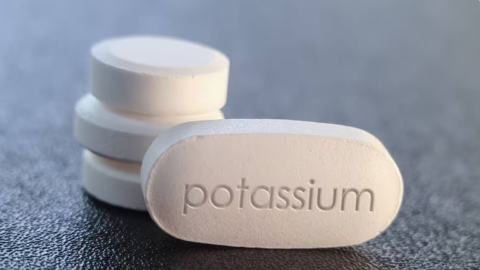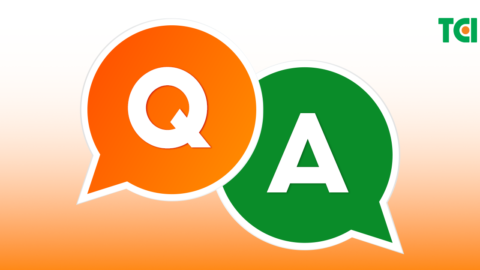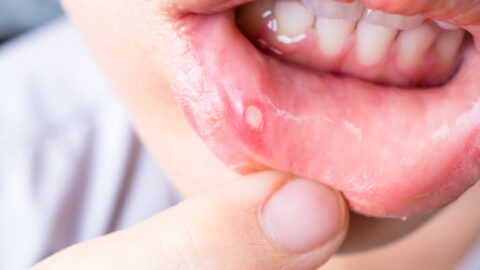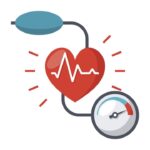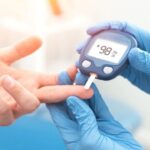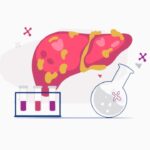Getting adequate nutrition is important, yet is not always easy. Most of us have no idea that our bodies are experiencing nutrient deficiencies. Here are 7 common signs to look for when experiencing a nutrient deficiency.
Signs of a nutrient deficiency
1. Hair loss
It is normal for a person to shed between 50 and 100 hairs a day. However, if you experience excessive hair loss, especially during the shower or after waking up, it might be because the level of iron in your body is seriously low.
2. Burning mouth syndrome (BMS)
Burning mouth syndrome can cause the gums, lips, tongue, and roof of your mouth to feel like they are burning. The mouth may also become dry or numb. A deficiency of B vitamins, such as folate, thiamin, B12, and B6 is one of the causes of this syndrome.
3. Fatigue
Sleep conditions, stress, or chronic pain are some common causes of fatigue. However, if the constant feeling of exhaustion exists even without those mentioned conditions, it might be a sign of vitamin D deficiency. Spending time in sunlight can boost your vitamin D level because the sun is one of the best sources of this nutrient.
4. Dry skin and chapped lips
If you frequently have dry skin or chapped lips, B-group vitamin deficiency may be to blame. B vitamins exert profound effects on maintaining skin health and supporting the nervous and digestive systems. Taking daily dietary intake a B-complex vitamin might help the skin and lips hydrate and healthy.
5. Easily bruising
Some might be surprised to find out that bruising can be a sign of vitamin C. Vitamin C helps make collagen, the proteins that support the body to heal and the blood to clot. Therefore, a low level of vitamin C is associated with easy bruising.
6. Muscle weakness
Vitamin E plays an important role building strong muscles. A low level of vitamin E might lead to impaired reflexes and coordination, difficulty walking, weak muscles, etc. Vitamin E works as a powerful antioxidant to help relax muscles and keep them function normally.
7. Acne or rash
A lack of Zinc can wreak havoc on your skin, causing acne and rashes. Zinc plays an essential role in supporting the gut mucosal immune system. One of its main effects is anti-inflammatory. Therefore, there is a relationship between Zinc levels and acne lesions. Increasing dietary intake of Zinc might be a treatment for skin problems.
How do we prevent nutrition deficiencies?
- Consume a wide variety of fruits and vegetables.
- Have your blood work analyzed to accurately determine your nutrient deficiency.
- Use multivitamins supplements, but do not replace them with a healthy diet.


